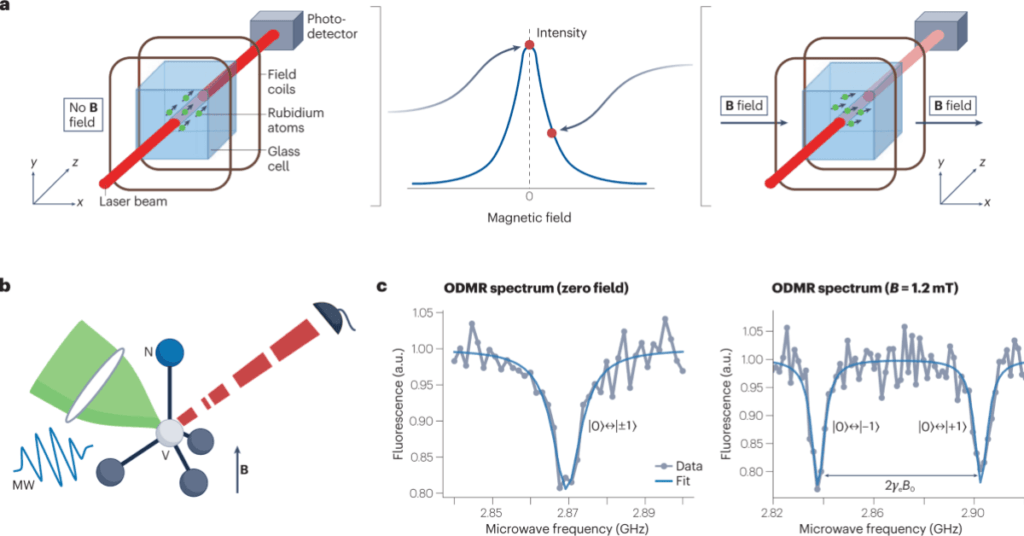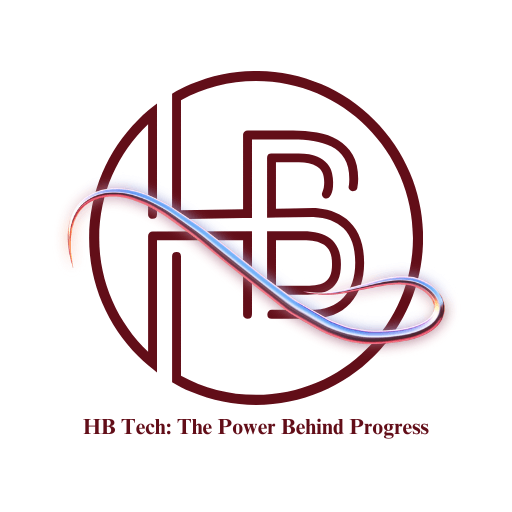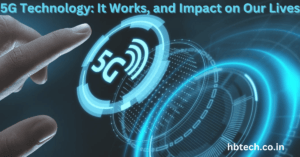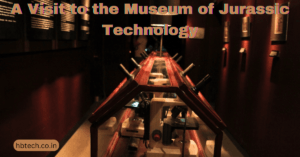
Quantum sensors are changing the way we measure and observe the world around us. By using the principles of quantum mechanics, these sensors achieve incredible levels of accuracy, offering groundbreaking applications in areas like healthcare, navigation and space exploration. Let ’s explore what makes quantum sensors so special and how they’re being used.
Quantum Entanglement in Sensing
Quantum entanglement is a unique phenomenon where particles are connected, even if they are far apart. This connection allows sensors to detect tiny changes with extraordinary precision.
For example , sensors based on quantum entanglement are being developed to detect weak signals like gravitational waves or subtle changes in magnetic fields. These capabilities can help scientists make new discoveries in space and improve tools for detecting materials or movements on Earth.
Atomic Clocks
Atomic clocks are incredibly accurate timekeeping devices that measure time based on the vibrations of atoms. These clocks are a key part of quantum sensing and are essential for technologies like GPS, telecommunications , and even scientific experiments.
Recent improvements in atomic clocks are enabling precise navigation systems and helping scientists measure changes in Earth’s gravitational field more accurately, which could lead to new discoveries about our planet.
Quantum Magnetometers
Quantum magnetometers are sensors that measure magnetic fields with extreme sensitivity. They are already being used in medical diagnostics , like monitoring brain activity, and in defense to detect underwater objects like submarines
In healthcare, these sensors allow doctors to monitor the brain without surgery, while in industry, they are improving technologies for detecting hidden objects or materials.
Photon-Based Detection
Photon-based detection uses the properties of light particles (photons) to sense very small changes or details. This technology is especially useful in low–light environments or when extreme precision is needed.
These sensors are being used for environmental monitoring to detect small amounts of pollution and in quantum communication to make data transfers more secure using quantum encryption.
Gravitational Wave Sensors
Gravitational wave sensors are allowing scientists to study ripples in space-time caused by massive cosmic events, like black hole collisions. Thank s to quantum technology, these sensors can detect incredibly faint signals that traditional tools would miss.
This technology is helping us learn more about the universe and understand events that happened billions of years ago.
Quantum Imaging Systems
Quantum imaging systems use quantum principles to create ultra-detailed images. These systems are making big improvements in fields like medical imaging and security.
For example, in healthcare, quantum imaging can provide clearer diagnostic images, helping doctors make better decisions. In security , these systems can detect hidden objects or threats with greater accuracy.
High-Precision Navigation
High-precision navigation systems powered by quantum sensors are a game-changer for transportation and exploration. Unlike GPS, quantum navigation doesn ’t rely on satellites, so it works even in challenging environments like underwater or underground.
This technology is especially useful for autonomous vehicles, deep-sea exploration. and military operations, where accurate location tracking is critical.
Future of Quantum Sensors
Quantum sensors are not just small improvements—they ’re a revolutionary step forward in how we measure and observe the world. These tools are helping scientists and industries achieve things that were once impossible, from studying the universe to improving daily life on Earth.
As technology advances, quantum sensors will become smaller, more affordable, and easier to use, bringing their benefits to even more areas. Whether it’s better healthcare, safer navigation, or deeper scientific insights, quantum sensors are opening up exciting possibilities for the future.
Frequently Asked Questions(FAQs)
What are quantum sensors?
Quantum sensors use principles of quantum mechanics, such as superposition and entanglement, to measure physical quantities like time, magnetic fields, and gravitational waves with extreme accuracy.
What are atomic clocks, and why are they important?
Atomic clocks are highly accurate timekeeping devices that use atomic vibrations to measure time. They are critical for GPS systems, telecommunications, and scientific research.
What are quantum magnetometers used for?
Quantum magnetometers measure magnetic fields with exceptional sensitivity. They are used in medical diagnostics, like monitoring brain activity, and in detecting hidden objects or submarines in defense applications.
What industries benefit the most from quantum sensors?
Quantum sensors benefit industries like healthcare (for diagnostics), defense (for detection systems), space exploration, environmental monitoring, and transportation (for navigation).
What is the future of quantum sensors?
The future of quantum sensors includes more compact, affordable, and accessible devices that can improve healthcare, enhance navigation, and contribute to scientific discoveries. These advancements will expand their use in everyday applications.
Related Posts
- 2-in-1 Laptops: Tablets and Laptops in One
- 5G Technology: What It Is, It Works and Impact on Our Lives
- 8K Gaming on a Laptop: Is It Worth It?
- A Simple Guide to Remote Work: Work from Anywhere, Anytime
- A Visit to the Museum of Jurassic Technology
- Affordable AI Solutions for Small Businesses









